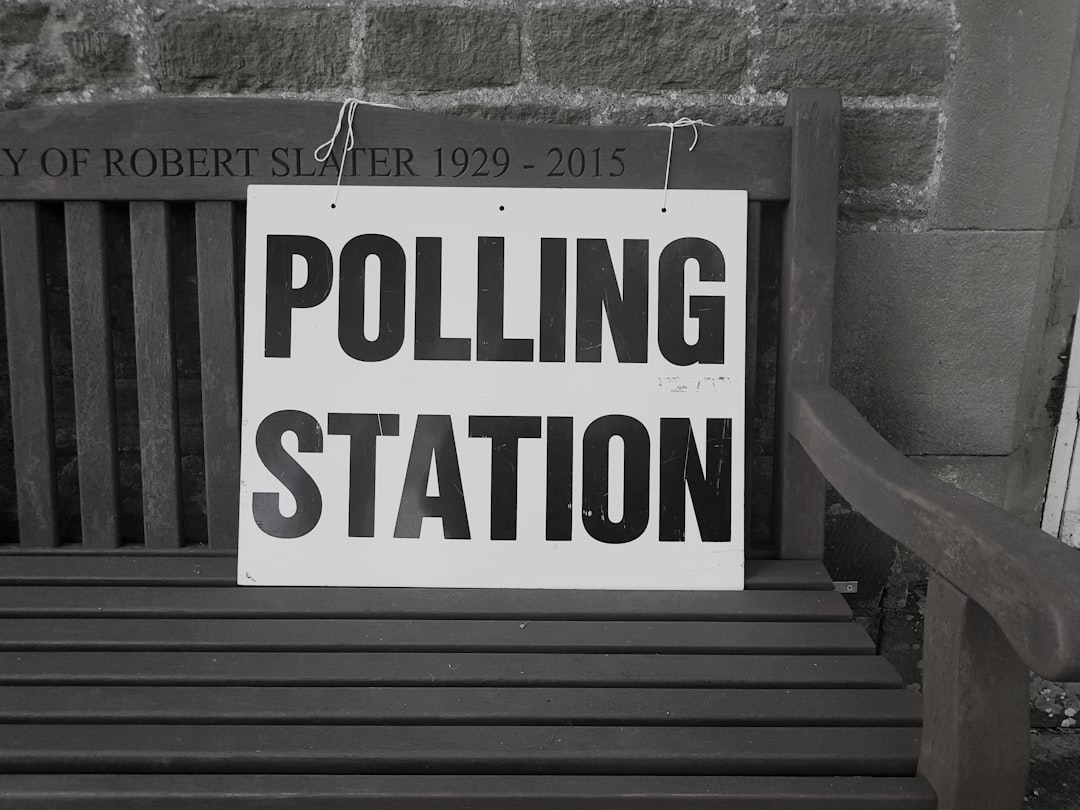Problems with Traditional Voting Procedures
There has always been the potential for election results to be skewed by unscrupulous actors. The adage “vote early and vote often” is a testament to irregularities in tracking and tabulating votes accurately attributed to Chicago politics in the early 1900s. While some loopholes that were taken advantage of by rogue political parties have been closed, there are still problems that impact the ability to conduct modern elections fairly.
- Long lines - This problem can be caused by issues such as an inadequate number of voting sites, equipment failures, and insufficient human resources. In the United States, election day is not a national holiday and long lines make it impossible for many individuals to find the time to vote around their work schedule.
- Registration and voting restrictions - New restrictions related to identification and confusion over registration changes caused many prospective voters to be turned away at the polls.
- Voter intimidation - Voting in person exposes citizens to potential intimidation techniques exercised by political parties or their supporters.
- Malfunctioning voting machines - Old voting machines are prone to failure and can exhibit issues such as flipping the votes to alternate candidates or necessitating the use of paper ballots which may be in short supply.
Components of a Secure Cloud-based Voting System
A cloud-based voting system can alleviate the majority of these problems. Voting through a cloud application would eliminate the need for dedicated voting machines that may malfunction. Long lines and physical intimidation would become a thing of the past as voting could be done from home or any location with a computer and secure Internet connection. Registration and identification could be done more accurately and reduce confusion over who can cast a ballot.
There are several conditions that a cloud-based voting system must meet to realistically replace the current methodology. These include:
- Security - The security of the applications used for voting and the data collected by the apps is critically important. Cloud security is trusted by major corporations and government agencies and can provide the degree of protection warranted by the electoral process.
- Identify verification and authentication - The same type of verification used to enable financial transactions over the web can be used to authenticate a citizen’s right to vote. This would enable systems to confirm that individuals are only voting once no matter how early they make their selection.
- Auditing capabilities - Governmental agencies need to have the ability to audit voting results to ensure their accuracy. Voter logs could be stored in an immutable format, perhaps employing blockchain technology and could be accessed as needed to verify election results.
As with all new widespread technological rollouts, there would need to be substantial planning involved to implement a cloud-based voting system successfully. The benefits to the veracity of the electoral process far outweigh the complications that may be encountered putting the system in place.




































